Program life situations learning
On 1. 1. 2007 the new program generation of the EU Lifelong Learning 2007-2013 started. The program replaces the previous Socrates and Leonardo da Vinci programs and will run in an initial phase until 2013.
The new Lifelong Learning Education Program includes four subprograms:
- School education (Comenius)
- Higher education (Erasmus)
- Vocational training and continuing education (Leonardo da Vinci)
- Adult education (Grundtvig)
The program is complemented by cross-cutting programs (policy cooperation, language learning, ICT, dissemination) and a new program (Jean Monnet) focusing on European integration.
Structure of the new program
Source: bmwfw
Although the Socrates program no longer exists in this form, all previous information on the previous eight Socrates Actions can still be found on the website of the Socrates National Agency.
In addition, the National Agency for Lifelong Learning, where the new generation of programs is located, has also been in existence since the beginning of the year.
Socrates
The SOCRATES program was merged into the Lifelong Learning Program 2007 – 2013 on January 1, 2007. It consisted of eight actions so far, the most famous of which is Erasmus. Three of these actions are now the mainstays of the Lifelong Learning program.
Erasmuscomeniusgrundtvig
In addition, the Leonardo da Vinci program was established as a fourth pillar.
The program is complemented by cross-cutting programs (policy cooperation, language learning, ICT, dissemination) and a new program (Jean Monnet) focusing on European integration.
Erasmus
The best known action under the previous Socrates program was ERASMUS. The ERASMUS program is now a key pillar of the new Lifelong Learning program generation. To participate in the Erasmus program, both home and host institutions must have received an Erasmus University Charter from the European Commission and the two institutions must have an Erasmus Student Exchange Agreement with each other. Erasmus offers students from participating universities the opportunity to study at a European partner university for three to twelve months. You will receive a mobility grant for the duration of the stay abroad, which is made up of funds from the EU as well as national funds and is intended to cover the increased cost of living (no full scholarship!). Erasmus students are recognized for credits completed abroad at their home institution and are also exempt from all tuition fees at the host institution. For the duration of the Erasmus stay, no tuition fees are usually payable at the Austrian home institution either.
Erasmus member states:
Belgium, Bulgaria, Cyprus, Czech Republic, Denmark, Estonia, Finland, France, Germany, Greece, Hungary, Iceland, Ireland, Italy, Latvia, Liechtenstein, Lithuania, Luxembourg, Malta, Netherlands, Norway, Poland, Portugal, Romania, Slovakia, Slovenia, Spain, Sweden, Turkey, United Kingdom.
Although Switzerland is not currently involved in the Erasmus program, exchanges on “Erasmus terms” are possible on the basis of bilateral agreements.
You can get more information in our brochure “Studying abroad”, from the Erasmus coordinator at your university/academy/college or directly from the SOCRATES National Agency.
Comenius
The COMENIUS program is also part of the overarching SOCRATES program. Within the framework of COMENIUS Language Assistance, prospective language teachers can spend 12 to 16 hours at a host school in another European country for three to eight months. The host institution will assign a fully qualified and experienced teacher as supervisor to the Comenius Language Assistants.
The Comenius Action also provides European Community grants to enable student teachers to spend one to ten weeks of study and practical training in another country participating in the Socrates program. This stay is considered an integral part of their overall education and, as a result, is fully credited to their studies. It usually consists of visits to schools in the host country, an extended stay as a guest and/or assistant teacher at a school, and participation in a supervised course of study at a teacher education institution in that state.
You can get more information in our brochure “Studying abroad” or directly from the SOCRATES National Agency.
Grundtvig
Another Socrates Action, Grundtvig, aims to improve the quality and European dimension of adult learning and to provide European citizens with increased access to lifelong learning opportunities. For more information, contact the Socrates National Agency.
There are also other Socrates actions (Lingua, Mnierva, etc.), but these are primarily accompanying actions to other programs
Ceepus – Central European Exchange Program for University Studies
CEEPUS is an exchange and scholarship program designed to promote the academic mobility of undergraduate, graduate and university faculty in Central Europe. CEEPUS II has been running since January 1, 2005, and the first phase is scheduled to run until the end of 2009.
CEEPUS Member States:
Bulgaria, Croatia, Austria, Poland, Romania, Slovak Republic, Slovenia, Czech Republic, Hungary, Serbia and Montenegro, Albania and Macedonia
Further information can be obtained from the Austrian Exchange Service (ÖAD), where the national CEEPUS office is located.
Tempus III
Tempus III is the European Union’s higher education cooperation program with the non-associated countries in Southeastern Europe (CARDS), the New and Independent Democracies of the former Soviet Union CIS (TACIS), and certain Mediterranean countries (MEDA).
For more information on Tempus, please contact the Austrian Exchange Service (ÖAD).
Joint Study
Joint Study Programs are bilateral agreements between an Austrian and a foreign university for a mutually sponsored student exchange abroad for one or two semesters. They are especially interesting for you if you want to do a semester abroad outside of Europe. The scholarship database of the Austrian Exchange Service (ÖAD) offers a good overview; you can also get information from the international office of your university or pedagogical academy/university.
Individual study abroad
Organizing a study abroad individually, i.e. without a mobility program, requires some effort and brings many – especially financial – disadvantages, but is often the only way to get to countries and places that are not offered within an exchange program. An overview of all current scholarships can be found in the scholarship database of the Austrian Exchange Service (ÖAD).
Post Graduate Scholarships
This scholarship campaign of the Federal Ministry of Education, Science and Culture (BM:BWK) supports young graduate academics who wish to pursue full-time postgraduate education. The Austrian Exchange Service (ÖAD) has taken over the application and implementation, you can find all the necessary information in the scholarship database of the ÖAD.

